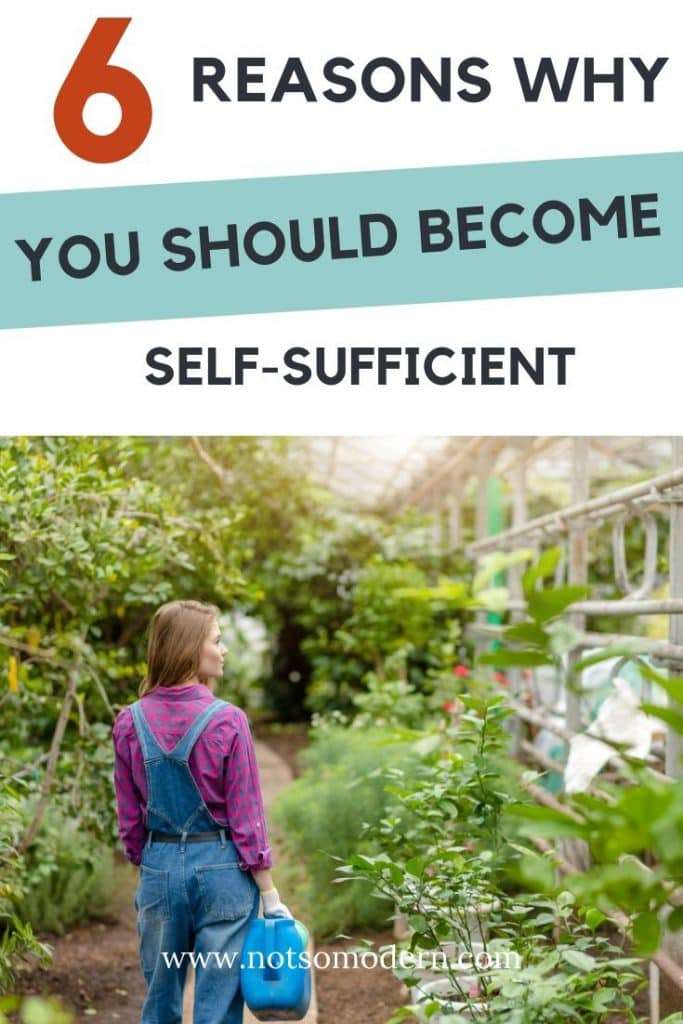In this article, we’ll explore the topic of self-sufficient living and discuss its pros and cons. We’ll take a closer look at off-grid living and examine whether self-sufficiency is considered positive or negative. By the end of this article, you’ll have a better understanding of the benefits and drawbacks of embracing a self-sufficient lifestyle.
The Pros and Cons of Self-Sufficient Living
Living a self-sufficient lifestyle, also known as off-grid living, has become increasingly popular in recent years. With concerns about the environment, rising costs of necessities, and a desire for greater control over their lives, many individuals are opting to live self-sufficiently. However, like any lifestyle choice, there are both pros and cons to consider. In this article, we will explore the advantages and disadvantages of self-sufficient living to help you make a well-informed decision.
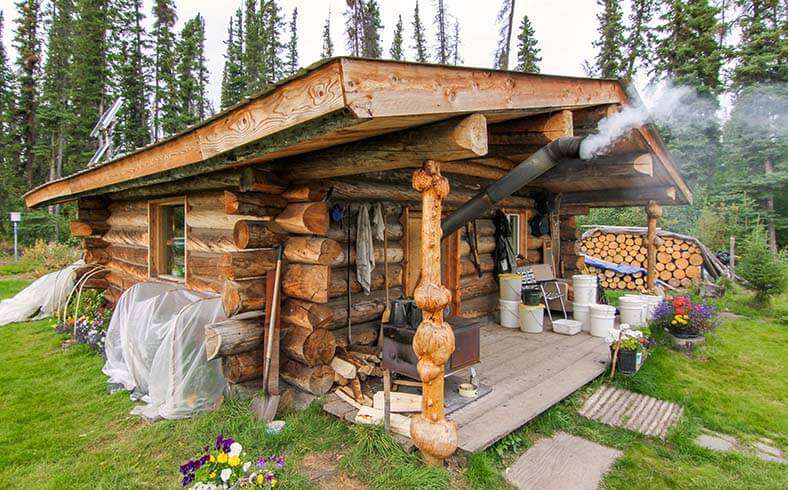
Reduced Dependence on External Resources
One of the key benefits of self-sufficient living is the reduced dependence on external resources. By generating your own electricity through solar panels or wind turbines, you can be less reliant on the power grid. This not only helps to reduce your carbon footprint but also provides you with greater autonomy over your energy usage.
Additionally, by growing your own food and raising livestock, you can decrease your reliance on grocery stores and industrial agriculture. This not only allows you to have fresh, organic produce but also reduces your exposure to harmful pesticides and genetically modified organisms.
Increased Sustainability
Self-sufficient living promotes sustainability on multiple levels. By producing your own energy, you can contribute to the reduction of greenhouse gas emissions and the conservation of natural resources. Furthermore, by implementing sustainable farming practices, such as companion planting and water conservation techniques, you can cultivate a healthy ecosystem and preserve the fertility of your land.
Cost Savings
Living off-grid can result in significant cost savings over time. Although there is an initial investment required to set up your self-sufficient infrastructure, such as solar panels or a well for water, the long-term savings can be substantial. By generating your own energy and growing your own food, you can reduce or eliminate monthly utility bills and grocery expenses.
Moreover, in a self-sufficient lifestyle, you have the opportunity to produce your own goods and materials. Whether it’s making your own clothing, building furniture, or creating household products, you can save money by relying less on store-bought items.
Greater Control over Food Production
One of the most appealing aspects of self-sufficient living is the control it offers over your food production. By growing your own fruits, vegetables, and herbs, you can ensure a fresh and nutritious diet. With concerns about pesticide residues and food contamination, having the ability to grow your food provides peace of mind and promotes a healthier lifestyle.
Furthermore, by raising your own livestock, you have control over the animal’s diet, ensuring that they are not exposed to hormones or antibiotics. This allows you to consume meat and dairy products that are free from harmful additives, enhancing the quality of your diet.
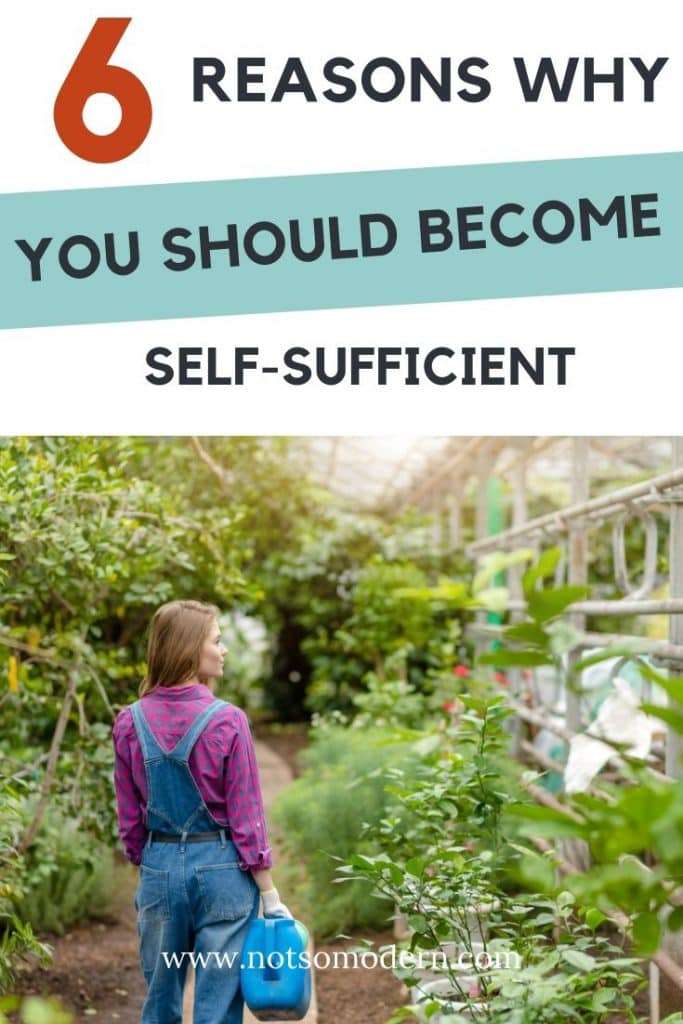
Enhanced Self-Reliance
Living self-sufficiently fosters a sense of self-reliance and independence. Instead of depending on external entities for your basic needs, you have the opportunity to take charge of your life and become more self-sustaining. This can lead to increased confidence, empowerment, and a sense of accomplishment as you develop the necessary skills to thrive in a self-sufficient lifestyle.
Opportunity for Skill Development
Engaging in self-sufficient living provides ample opportunities for skill development. From learning how to cultivate and maintain a productive garden to mastering renewable energy systems, there is a wealth of knowledge to acquire. By acquiring these skills, you not only become more self-sufficient but also gain valuable expertise that can be shared with others in your community.
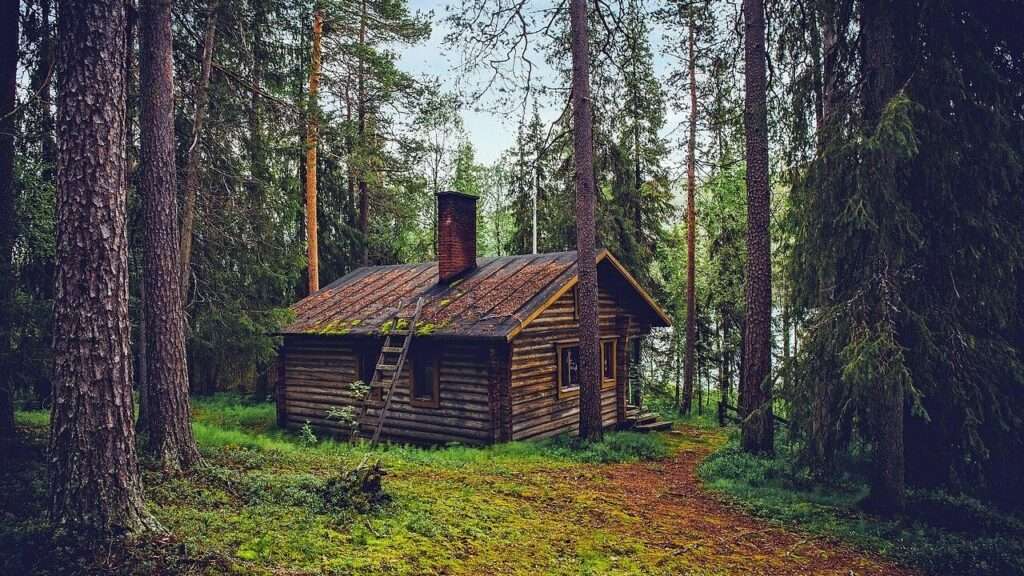
Health Benefits
Self-sufficient living often goes hand in hand with healthier lifestyle choices. By growing your own organic food, consuming fresh and unprocessed ingredients, and engaging in physical activities required to maintain your self-sufficient lifestyle, you can improve your overall health and well-being.
Moreover, many off-grid individuals report lower stress levels and a greater connection to nature, both of which have positive impacts on mental health. Living in harmony with the natural world can provide a sense of peace and contentment, contributing to a more balanced and fulfilling life.
Environmental Conservation
Self-sufficient living is inherently environmentally friendly. By reducing reliance on fossil fuels and industrial agricultural practices, you can help mitigate climate change and protect the environment. By adopting sustainable practices like composting, rainwater harvesting, and permaculture, you actively contribute to the preservation of biodiversity and the conservation of natural resources.
While there are numerous advantages to self-sufficient living, it also comes with its fair share of challenges and drawbacks. Let’s explore some of the cons to paint a balanced picture.
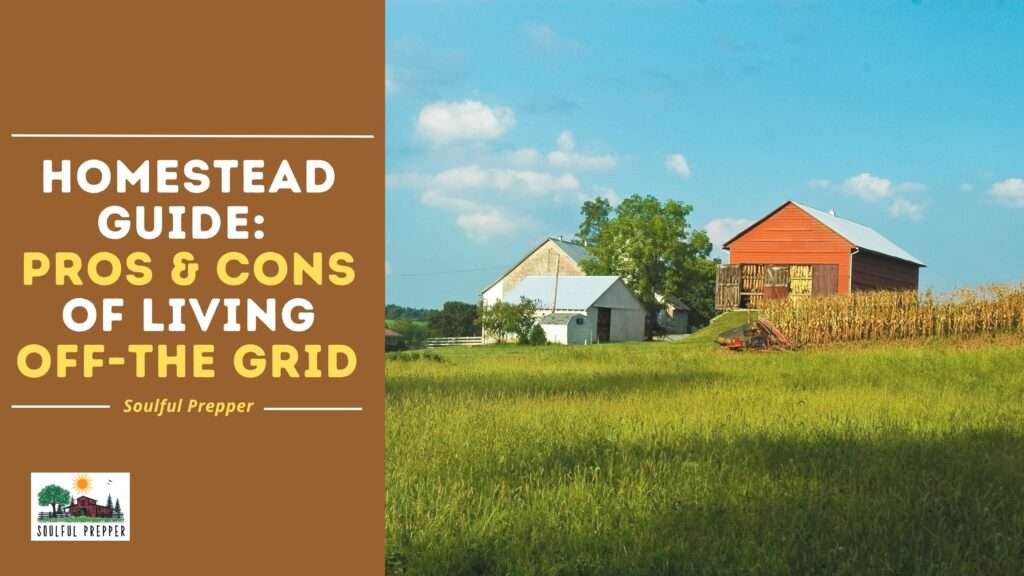
Initial Investment
One of the main hurdles of self-sufficient living is the initial investment required. Setting up a self-sustaining infrastructure, such as solar panels, water systems, and agricultural equipment, can be costly. It may take several years to recoup these expenses through savings on utility bills and grocery costs.
Time and Effort
Self-sufficient living demands a significant amount of time and effort. Maintaining a productive garden, tending to livestock, and managing renewable energy systems require daily attention and hard work. It may not be suitable for individuals with time-consuming careers or other commitments that limit their availability.
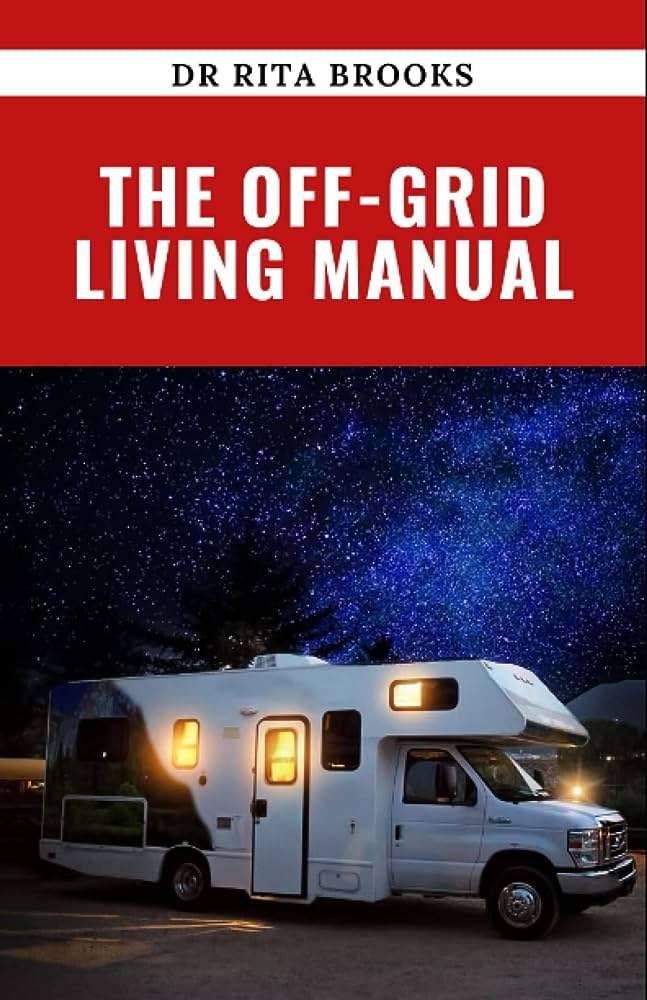
Limited Access to Amenities
Living off-grid means forgoing certain modern amenities that many people take for granted. Access to high-speed internet, running water, and other conveniences may be limited or unavailable in remote self-sufficient locations. This can pose challenges, especially for those who rely heavily on technology or have specific medical needs.
Social Isolation
Self-sufficient living often involves living in remote areas, away from urban centers and close-knit communities. This isolation can lead to feelings of loneliness and a lack of social interaction. If you thrive on social connections or have a need for cultural diversity, living off-grid may not fulfill those needs.
Potential Lack of Expertise
Embarking on a self-sufficient lifestyle requires a wide range of skills and knowledge. From farming techniques to electrical systems, there is a learning curve involved. If you lack the necessary expertise, you may face challenges or require additional support, especially in the early stages of transitioning to a self-sufficient lifestyle.
Increased Responsibility
Living off-grid means taking full responsibility for your basic needs. From ensuring a sufficient power supply to providing food and water for yourself and your animals, the burden of responsibility can feel overwhelming at times. If you prefer a lifestyle with fewer obligations, self-sufficient living may not be the right choice for you.
Challenges with Scaling
While living self-sufficiently can be a fulfilling lifestyle choice for individuals or small families, it can present challenges when it comes to scaling up. As the number of people relying on your self-sufficient infrastructure increases, the demand for resources and maintenance also rises. Scaling up may require significant investment and planning to accommodate larger populations.
Dependency on Weather Conditions
Self-sufficient living is greatly dependent on weather conditions. From adequate sunlight for renewable energy generation to optimal weather for crop growth, the climate plays a crucial role. Unfavorable weather patterns, such as droughts or severe storms, can adversely affect self-sufficient systems and require additional adaptations and preparations.
In conclusion, the decision to embrace self-sufficient living is a personal one that requires careful consideration. While there are undeniable benefits to reduced dependence on external resources, increased sustainability, cost savings, and greater control over food production, there are also potential drawbacks, including the initial investment, time and effort required, limited access to amenities, social isolation, and challenges with scaling. It is important to evaluate your individual circumstances, preferences, and priorities to find the right balance for you. Whether you choose a fully self-sufficient lifestyle or opt for a more hybrid approach, self-sufficiency can offer a rewarding and fulfilling way of life.

